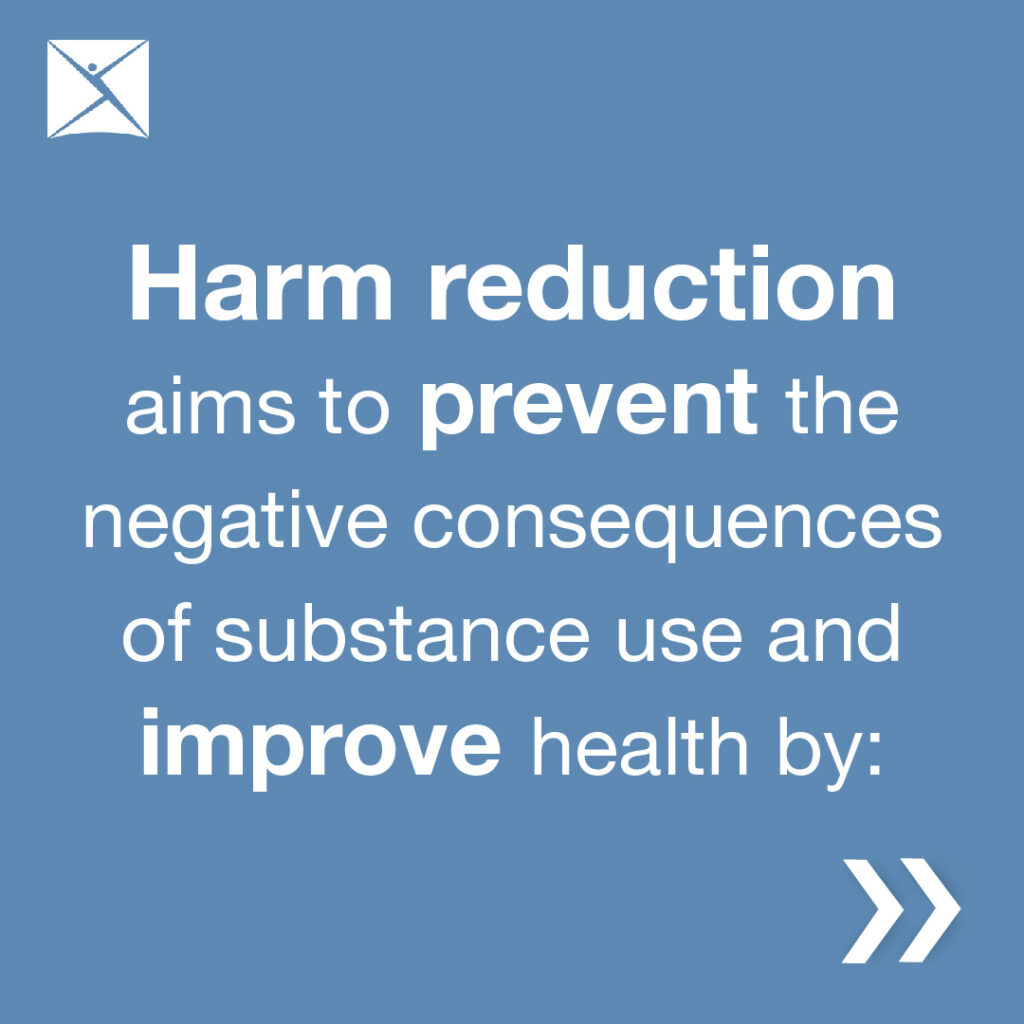Menu
Close

The drug poisoning crisis in Ontario and the need for harm reduction
2 November 2023
Ontario is grappling with a deepening drug poisoning crisis.
The harms related to unregulated opioids have seen a sharp uptick, with more emergency room visits, hospitalizations, and fatal overdoses.
The data paints a grim picture. The drug poisoning crisis in Ontario has worsened since 2019, with the mortality rate due to opioid toxicity now 57 per cent higher than before the pandemic.
Public Health Ontario has counted over 17,000 opioid-related deaths since 2004.
The year 2022 alone witnessed 2,521 recorded opioid deaths.
Over the past decade, the province has marked over 10,316 lives lost to opioid poisonings, with a significant increase since 2016.
Understanding harm reduction
Harm reduction, an approach endorsed by Health Canada and the Public Health Agency of Canada, is an evidence-based strategy for addressing this crisis.
Harm reduction prioritizes providing tools and knowledge to people who use substances, enabling them to make informed and safer decisions. Some practices that take a harm reduction approach include using a nicotine patch instead of smoking, using substances in a safe environment with someone they trust, and needle exchange programs for people who inject drugs.
It’s essential to understand that harm reduction does not advocate for drug use but instead focuses on safety and minimizing risk.
The role of consumption and treatment services (CTS)
CTS are part of a harm reduction approach that help:
- Promote safe injection practices.
- Reduce the number of drug overdoses.
- Reduce the spread of infectious diseases like HIV.
- Connect people to myriad of services including addiction treatment, health care and housing.
An important health service, CTS can be the first step into treatment for some people.
The range of services offered at CTS sites are holistic, recognizing that treatment for mental health or addiction issues requires a multifaceted approach.
CTS sites offer services tailored to meet the unique needs of users. These services include:
- Supervised consumption and immediate overdose prevention.
- Distribution of harm reduction supplies and naloxone kits.
- Sharps disposal for added community safety.
- On-site services such as, mental health and addiction counselling, primary care (including wound care) and, social services support.
- Education on harm reduction and safe drug use practices.
- Efficient disposal of used harm reduction supplies.
The number of drug-related deaths continue to be higher today than they were in 2019: there was a 91 per cent increase in drug-related deaths during July to September 2023 compared to the same period in 2019.
The need for more low-barrier harm reduction services, including overdose prevention sites in high-risk settings like shelters, has never been more pressing.
A Call to Action
People are dying of drug poisonings at an alarming rate.
Limiting options for individuals to get help will only escalate the crisis.
Share this post to spread awareness about the need for safe consumption and treatment sites in the face of this crisis.
For more insights and information on overdose prevention sites such as CTS in combatting this crisis, read Canada’s latest statistics on supervised consumptions sites and their efficacy here: Canadian supervised consumption sites statistics — Canada.ca.
